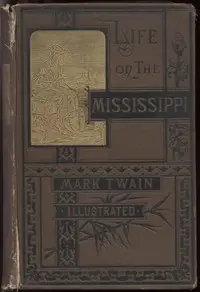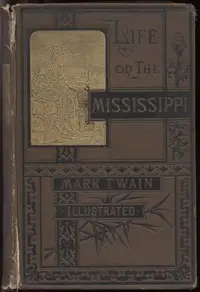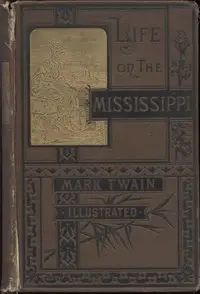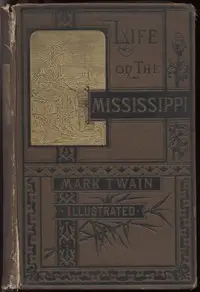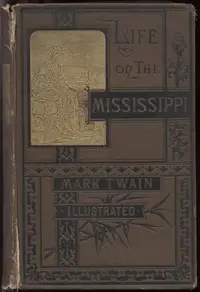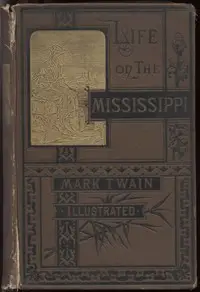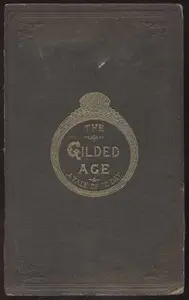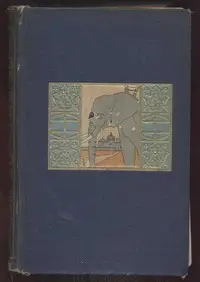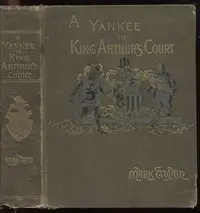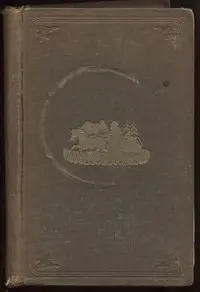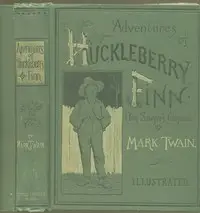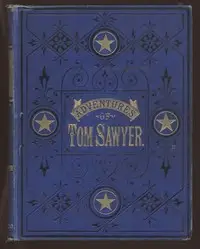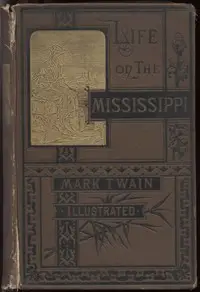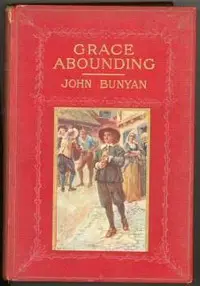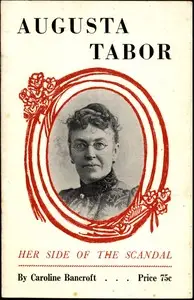"Life on the Mississippi, Part 3" by Mark Twain is a narrative that explores the world of steamboat piloting on the Mississippi River in the late 1800s. The story shares captivating stories from the author’s early days as a pilot, diving into the tricky job of steering steamboats through dangerous waters, and the camaraderie found amongst the crew. From humorous mishaps to serious dangers on the river, Twain mixes excitement with reflections on a changing world. Experience risky river crossings, the tension of measuring water depths, and the competitive spirit among the pilots, revealing both the allure and the harsh realities of life along the Mississippi River.
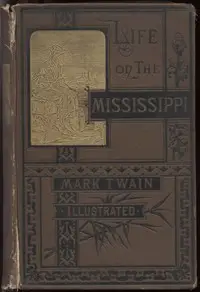
Life on the Mississippi, Part 3.
By Mark Twain
Experience a young pilot's journey on the Mississippi River as he discovers the humor, dangers, and unique characters that defined the steamboat era.
Summary
About the AuthorSamuel Langhorne Clemens, known by the pen name Mark Twain, was an American writer, humorist, and essayist. He was praised as the "greatest humorist the United States has produced," with William Faulkner calling him "the father of American literature." Twain's novels include The Adventures of Tom Sawyer (1876) and its sequel, Adventures of Huckleberry Finn (1884), with the latter often called the "Great American Novel." He also wrote A Connecticut Yankee in King Arthur's Court (1889) and Pudd'nhead Wilson (1894) and cowrote The Gilded Age: A Tale of Today (1873) with Charles Dudley Warner.
Samuel Langhorne Clemens, known by the pen name Mark Twain, was an American writer, humorist, and essayist. He was praised as the "greatest humorist the United States has produced," with William Faulkner calling him "the father of American literature." Twain's novels include The Adventures of Tom Sawyer (1876) and its sequel, Adventures of Huckleberry Finn (1884), with the latter often called the "Great American Novel." He also wrote A Connecticut Yankee in King Arthur's Court (1889) and Pudd'nhead Wilson (1894) and cowrote The Gilded Age: A Tale of Today (1873) with Charles Dudley Warner.

